Activision Blizzard Deal Faces FTC Appeal

Table of Contents
The FTC's Case Against the Activision Blizzard Merger
The FTC's core argument centers on antitrust concerns. They believe the merger would grant Microsoft undue market dominance, stifling competition and potentially harming consumers. Several key issues underpin their case:
-
Call of Duty Exclusivity: A central concern revolves around the potential for Microsoft to make Call of Duty, a massively popular franchise, exclusive to its Xbox platform. This would severely disadvantage PlayStation players and other competitors, potentially pushing them out of the market. The FTC argues this would constitute anti-competitive behavior.
-
Market Dominance and Game Pricing: The FTC alleges the merger would significantly increase Microsoft's market share, allowing them to dictate prices and potentially reduce the quality of games offered to consumers. The argument is that a lack of competition leads to higher prices and reduced innovation.
-
Reduced Innovation: The FTC also argues the lack of competition resulting from the merger would stifle innovation within the gaming industry. With less pressure to compete, Microsoft might invest less in research and development, leading to a less diverse and dynamic gaming market.
-
Leveraging Activision's IP: The FTC's case emphasizes Microsoft's potential to leverage Activision Blizzard's extensive intellectual property portfolio – encompassing franchises like Warcraft, Candy Crush, and Diablo – to further harm competitors and solidify its market position. This would involve using these titles to exclude rivals from key markets.
The Judge's Ruling and the FTC's Appeal
A federal judge initially ruled against the FTC's attempt to block the merger. This decision surprised many, given the FTC's strong arguments regarding potential anti-competitive practices. The FTC's appeal stems from their fundamental disagreement with this ruling.
-
Legal Arguments for Appeal: The FTC's appeal will likely focus on procedural issues and challenge the judge's interpretation of antitrust law as it relates to the gaming industry. They may present additional evidence to reinforce their claims regarding market dominance and consumer harm.
-
Appeal Process Timeline: The appeal process is expected to be lengthy and complex, potentially stretching for months, if not years. The uncertainty surrounding the timeline adds to the already tense situation for both Microsoft and Activision Blizzard.
-
Setting a Precedent: The outcome of this appeal will set a significant precedent for future gaming mergers and acquisitions. A ruling in favor of the FTC could dramatically reshape the regulatory landscape, leading to stricter scrutiny of future deals in the gaming sector.
Microsoft's Response to the FTC Appeal
Microsoft has vigorously defended the merger, arguing that it will benefit gamers and foster innovation.
-
Continued Call of Duty Availability: Microsoft has repeatedly pledged to keep Call of Duty available across multiple platforms, including PlayStation, aiming to address the FTC's central concern.
-
Competitive Arguments: Microsoft emphasizes the benefits of the merger for game development and innovation, arguing that combining their resources with Activision Blizzard's will result in better and more diverse games. They have also stressed their commitment to cloud gaming and its positive impact on market competition.
-
Addressing Antitrust Concerns: Microsoft's strategy centers on demonstrating that the merger will not stifle competition but rather enhance it through increased innovation and wider game availability. They are attempting to present a positive image and counter the FTC's arguments on market dominance.
The Impact on Gamers and the Gaming Industry
The FTC's appeal carries significant implications for gamers and the wider gaming industry.
-
Call of Duty's Future and Game Prices: The ultimate availability and pricing of Call of Duty will be a key factor. If the merger goes through, potential exclusivity or price increases could negatively impact PlayStation players and consumers overall.
-
Gaming Ecosystem and Competition: The outcome will reshape the competitive landscape. A successful FTC appeal could lead to a more fragmented market, with more smaller competitors, while a Microsoft victory could consolidate market power.
-
Subscription Services: The merger's impact on subscription services like Xbox Game Pass is another area of concern. Increased market power could allow Microsoft to leverage these services in ways that disadvantage competitors.
-
Long-Term Consequences: Regardless of the outcome, the long-term consequences will be felt across the industry, affecting everything from game development to consumer choice.
Conclusion
The FTC's appeal of the Activision Blizzard merger decision marks a crucial juncture in the battle over antitrust regulation in the gaming industry. The outcome will significantly impact not only the future of Activision Blizzard but also the competitive landscape for years to come. The arguments raised – concerning market dominance, potential for anti-competitive behavior, and the future of iconic franchises like Call of Duty – will shape the debate around future gaming mergers. The uncertainty surrounding the Activision Blizzard deal keeps gamers and industry watchers on edge.
Call to Action: Stay informed on the ongoing developments in this crucial case. Follow our updates for continued coverage of the Activision Blizzard deal and the FTC appeal, and learn more about the implications for the future of gaming.

Featured Posts
-
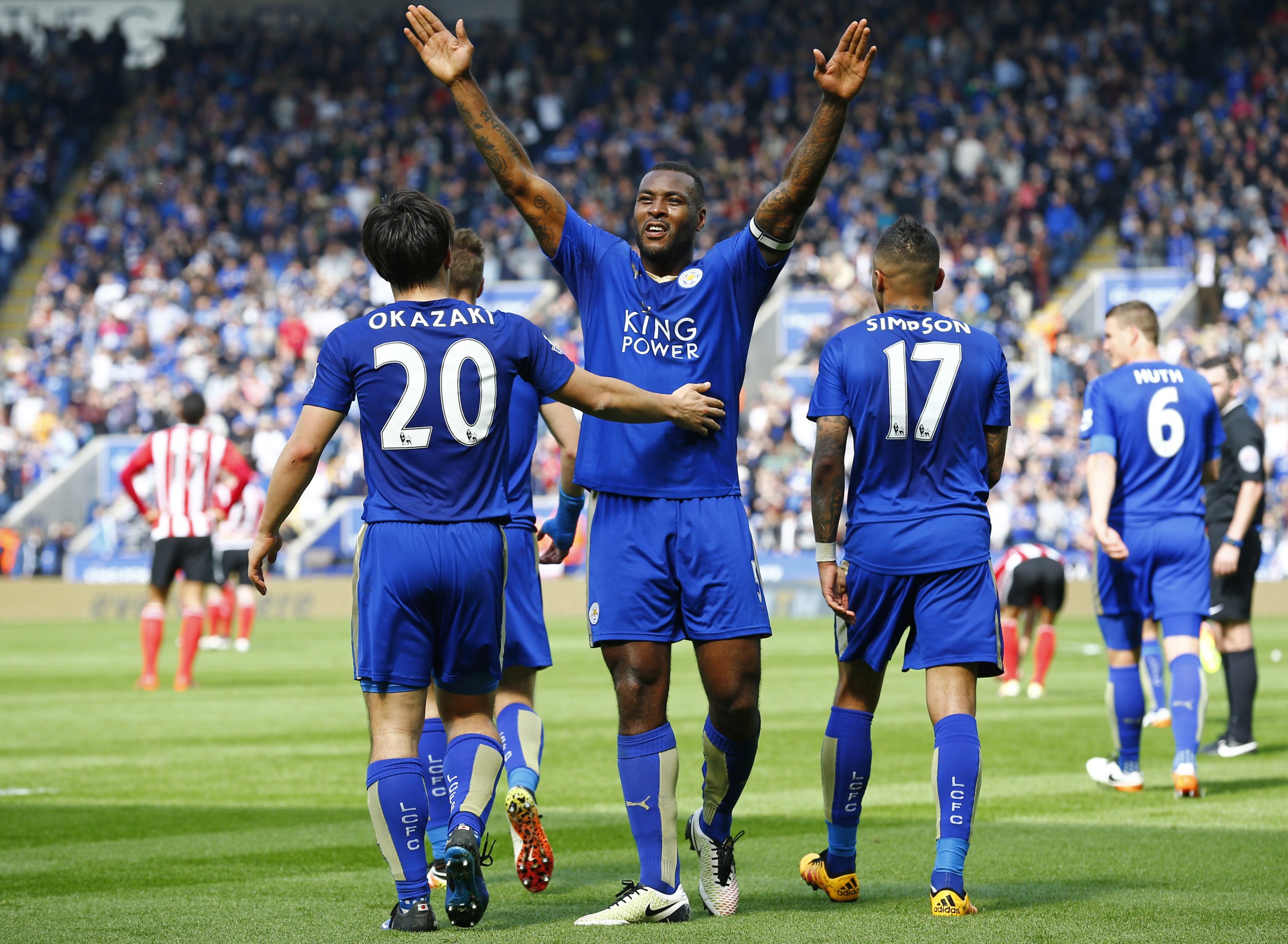 Muellers Final Home Game Bayerns Bundesliga Celebration
May 11, 2025
Muellers Final Home Game Bayerns Bundesliga Celebration
May 11, 2025 -
 Rochelle Humes Chic Hairstyle Makes A Statement At London Fashion Week
May 11, 2025
Rochelle Humes Chic Hairstyle Makes A Statement At London Fashion Week
May 11, 2025 -
 Plan Trampa Po Uregulirovaniyu Konflikta Kritika So Storony Dzhonsona
May 11, 2025
Plan Trampa Po Uregulirovaniyu Konflikta Kritika So Storony Dzhonsona
May 11, 2025 -
 Exploring The Most Impressive Beach Houses On Mtv Cribs
May 11, 2025
Exploring The Most Impressive Beach Houses On Mtv Cribs
May 11, 2025 -
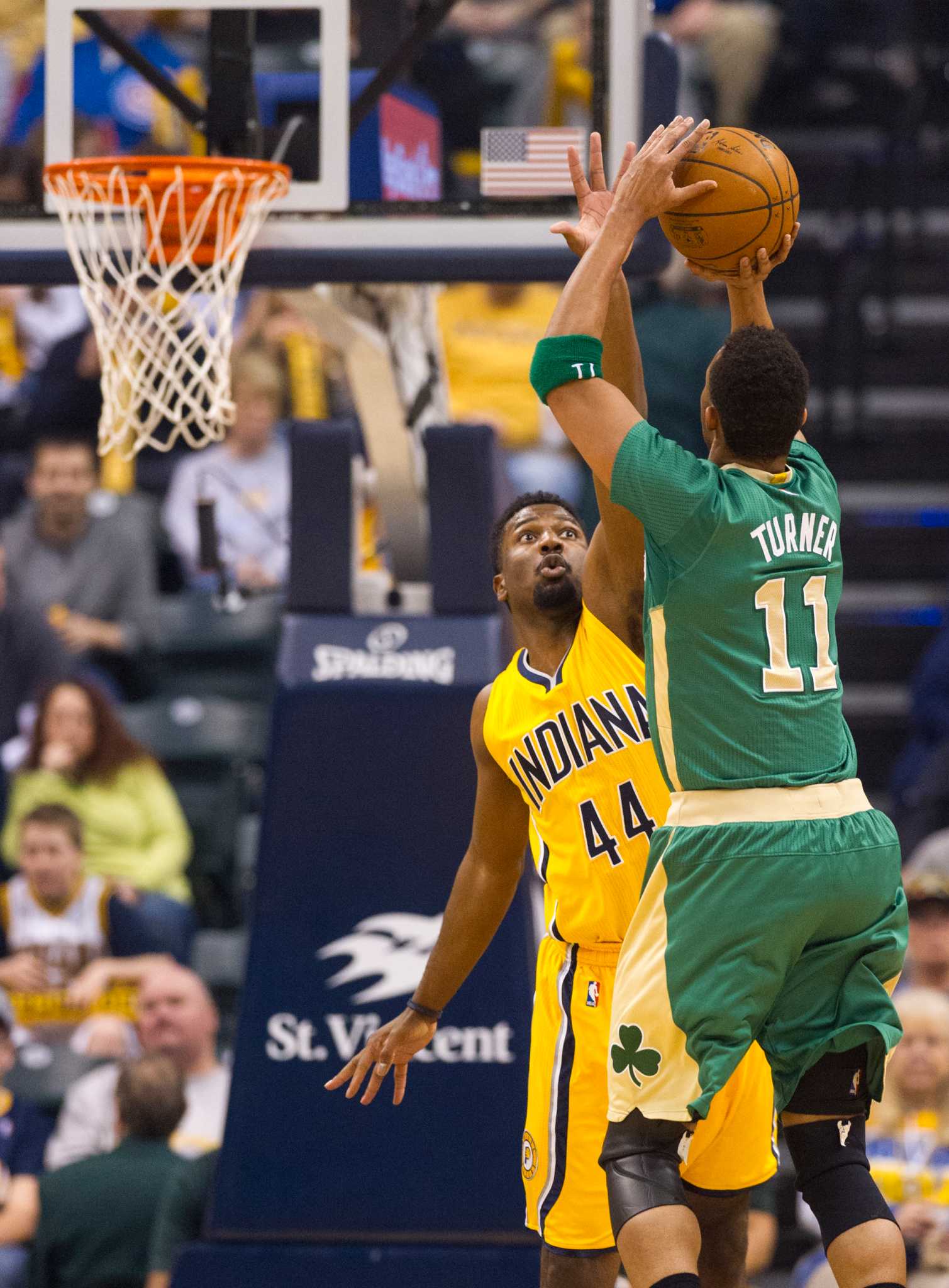 Celtics Clinch Division After Dominant Win
May 11, 2025
Celtics Clinch Division After Dominant Win
May 11, 2025
Latest Posts
-
 Amsterdam Cafe Unveils Kings Day Mural Honoring Marjolein Fabers Ribbon Gate
May 12, 2025
Amsterdam Cafe Unveils Kings Day Mural Honoring Marjolein Fabers Ribbon Gate
May 12, 2025 -
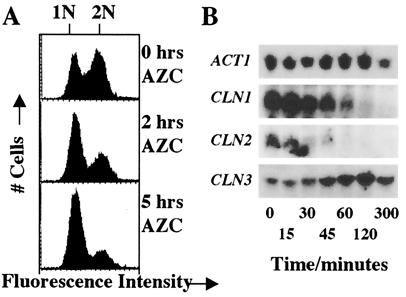 Border Control Intensification A Shift From Arrest To Refusal Of Entry
May 12, 2025
Border Control Intensification A Shift From Arrest To Refusal Of Entry
May 12, 2025 -
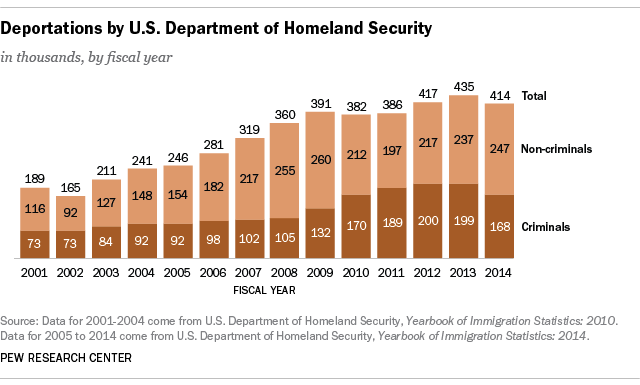 Analysis Impact Of Enhanced Border Security On Arrest And Deportation Numbers
May 12, 2025
Analysis Impact Of Enhanced Border Security On Arrest And Deportation Numbers
May 12, 2025 -
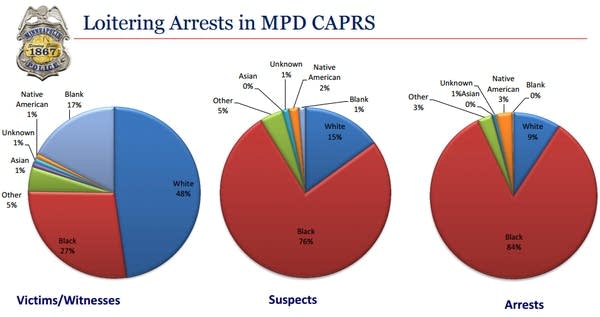 Increased Border Security Fewer Arrests Higher Turnback Rates
May 12, 2025
Increased Border Security Fewer Arrests Higher Turnback Rates
May 12, 2025 -
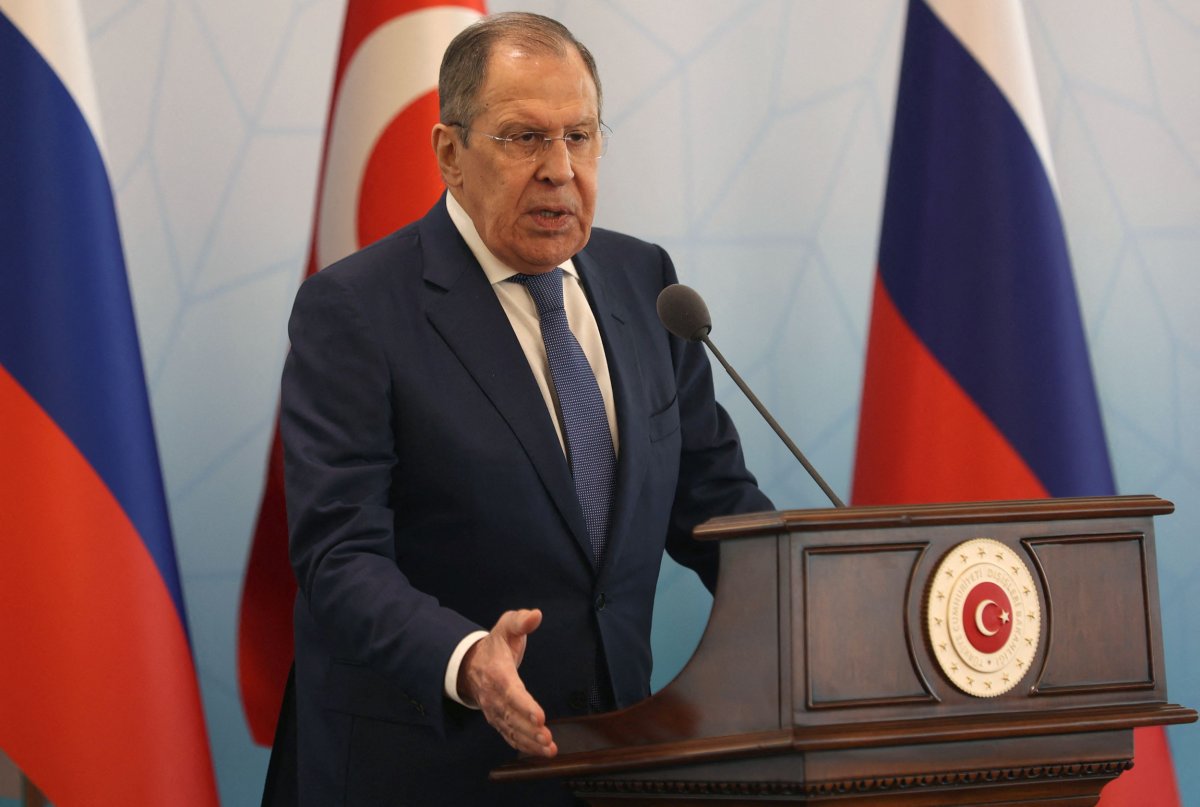 Dispute Over Asylum Law Interpretation Minister Sidesteps Inspectorate
May 12, 2025
Dispute Over Asylum Law Interpretation Minister Sidesteps Inspectorate
May 12, 2025
